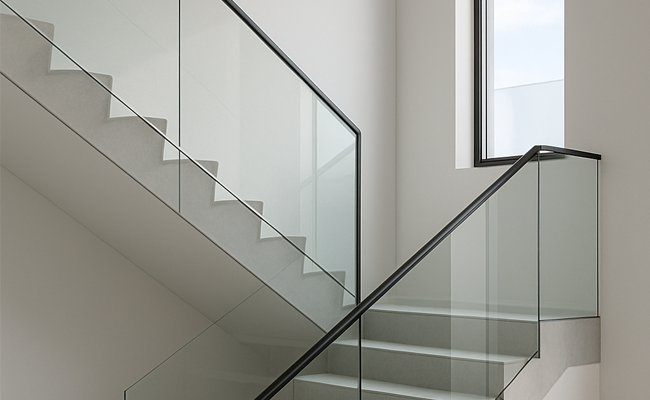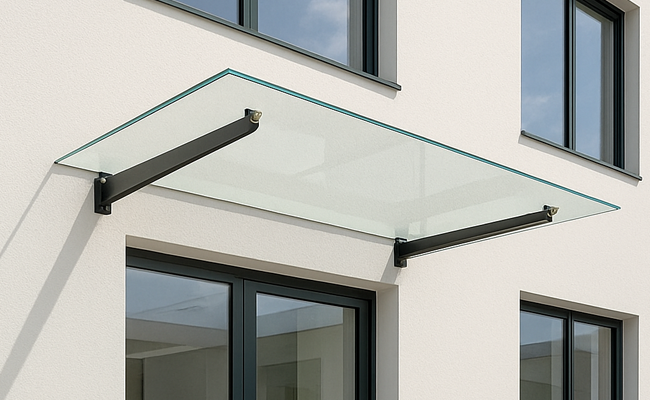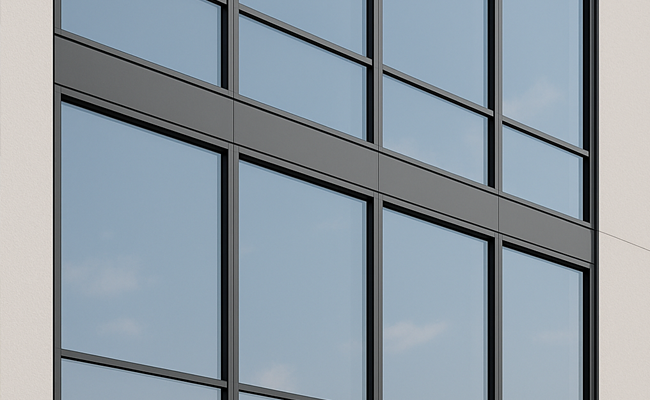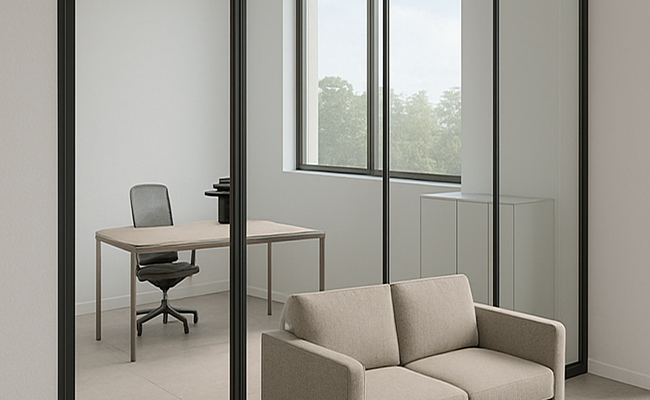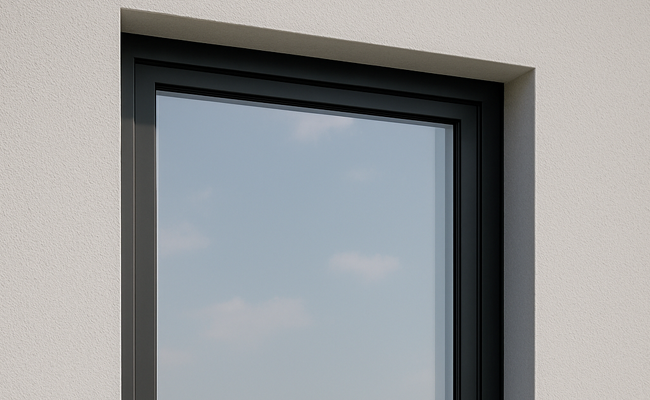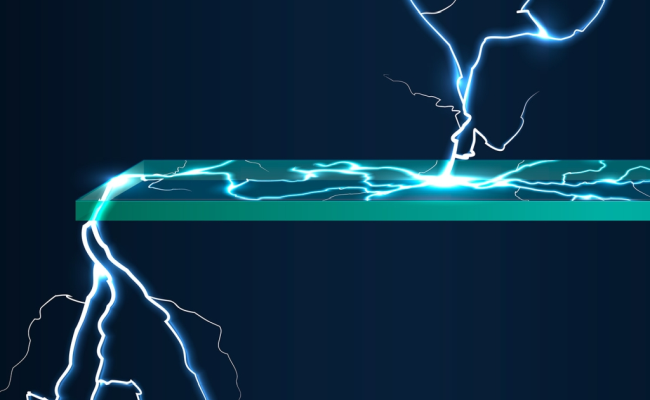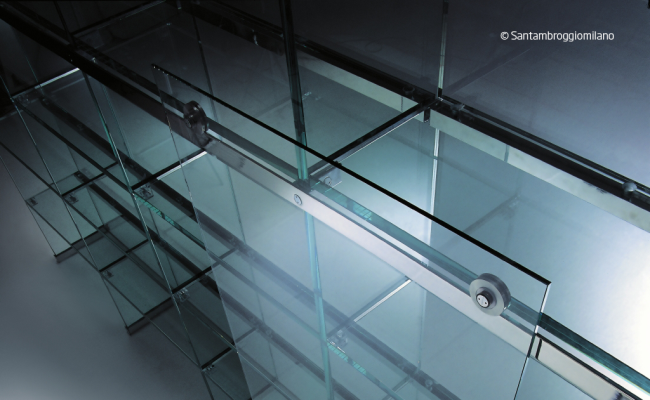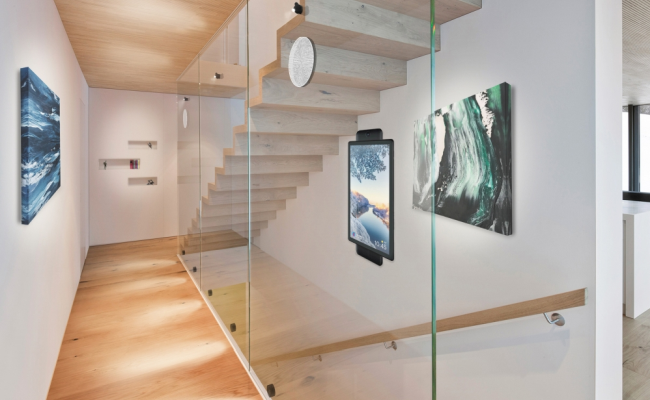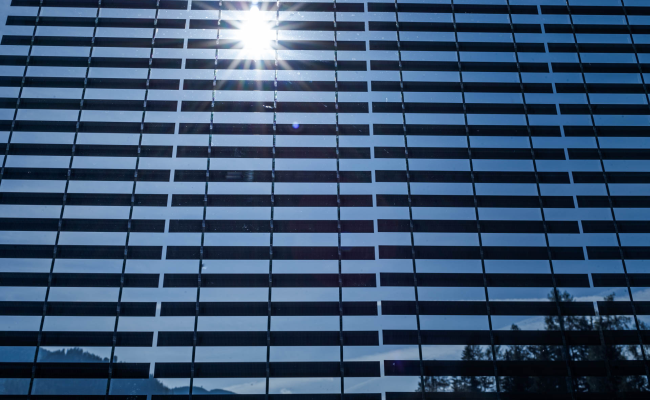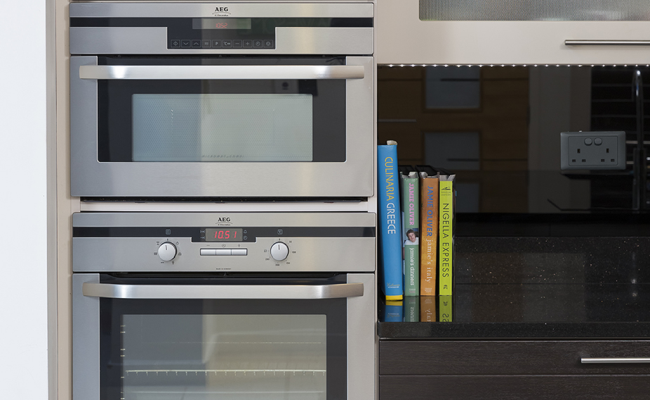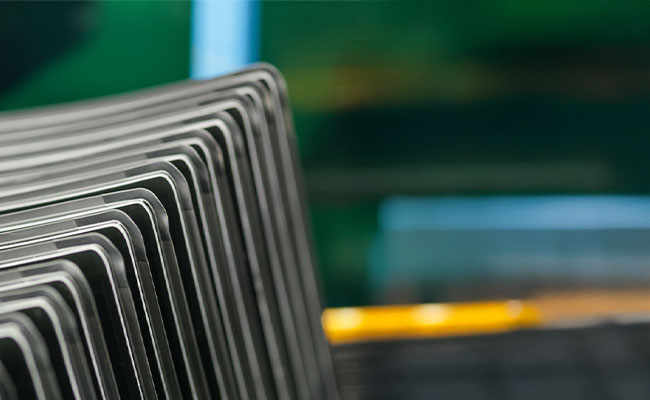Pilkington Microwhite™
Pilkington Microwhite™ is an extremely-thin extra clear float glass made to exacting standards, suitable for a variety of applications.
Pilkington Microwhite™ is a high-grade float glass made to precise standards. Its excellent plane and low tolerances of thickness make it ideal for a wide range of uses, primarily microscope slides but also cosmetic mirrors, chromatographic plates, photomasks, automotive and technical glass, dependent on its thickness.
Features & Benefits
- High-grade thin float glass with very low thickness tolerances.
- Flat and uniform products.
- Excellent optical transmission.
- Neutral edge colour.
- Superior light and energy transmission.
- Free of fluorescent reflections.
- Resistant to chemicals.
- Extended shelf life.
- Improved wetability through a silane coating (optional).
- Pre-cut to customer specifications.
Applications
Pilkington Microwhite™ has traditionally been used for the production of microscope slides, cosmetic mirrors, chromatographic plates, LCD photo masks, automotive and technical glass, PC display screens and tablet PCs.
0.95-1.05 mm (microscope slides), 1.0-1.2 mm (microscope slides,cosmetic mirrors), 1.2-1.4 mm (chromatographic plates, cosmetic mirrors, technical glass) and 1.5-1.7 mm (photomasks, automotive, technical glass).
Pilkington Microwhite™ Downloads
Pilkington Spectrum is a Windows-based glass performance model which enables you to quickly and efficiently calculate key properties of a wide range of single glazing and insulating glass units. Also available as an app for mobile devices, you can use Pilkington Spectrum to provide the following information:
- Light and solar properties (transmittance, reflectance, absorptance, g value, etc.).
- Centre pane Ug-value.
- Sound insulation values.
- Global Warming Potential (GWP), or carbon footprint.
- Ultra violet (uv) transmittance and colour rendering index (Ra).
- Other properties (e.g. pendulum body impact resistance, fire resistance, resistance to manual attack, etc.).
